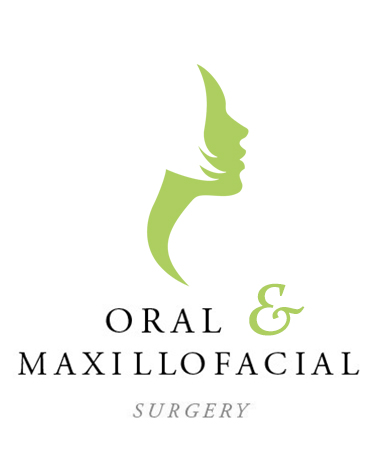Facial Reconstructive Surgery
The aim of reconstructive surgery is to improve function if it has been impaired and correct and restore the physical appearance of the patient if it has been affected.
Am I a good candidate for a reconstructive surgery?
Commonly, patients that have been treated for oral cancer may require some form of reconstructive surgery as bone and tissue may have been removed as part of their treatment. Infection is another condition that can cause damage to soft and hard tissues. Both the initial cancer and infection have to be resolved before reconstruction can take place as the treatment for these conditions can also cause a degree of tissue damage.
If facial defects are left untreated then it can have a detrimental affect on the patient’s self-esteem and cause them difficulties in performing actions, such as chewing, speaking and even normal breathing function.

The reconstructive surgery consultation
During your consultation, Mr Yousefpour will perform a thorough physical examination and discuss with you any issues you may be having. He will also take a comprehensive medical history so he is aware of any treatments you have had to date or are still undergoing.
Treatment can range from the simple to the very complex and a number of surgical interventions may need to be planned, with several stages to restore the different tissues.
What does reconstructive surgery involve?
Depending on the complexity of your case, you may require soft tissue to be restored before the bone structure is restored. This may require bone grafts, plates or alloplastic implants.
Are there any risks and complications associated with reconstructive surgery?
What results can I expect from reconstructive surgery?
When performing reconstructive surgery, Mr Yousefpour first aims to restore normal function. His second aim is to address any physical defects to the best of his ability.
